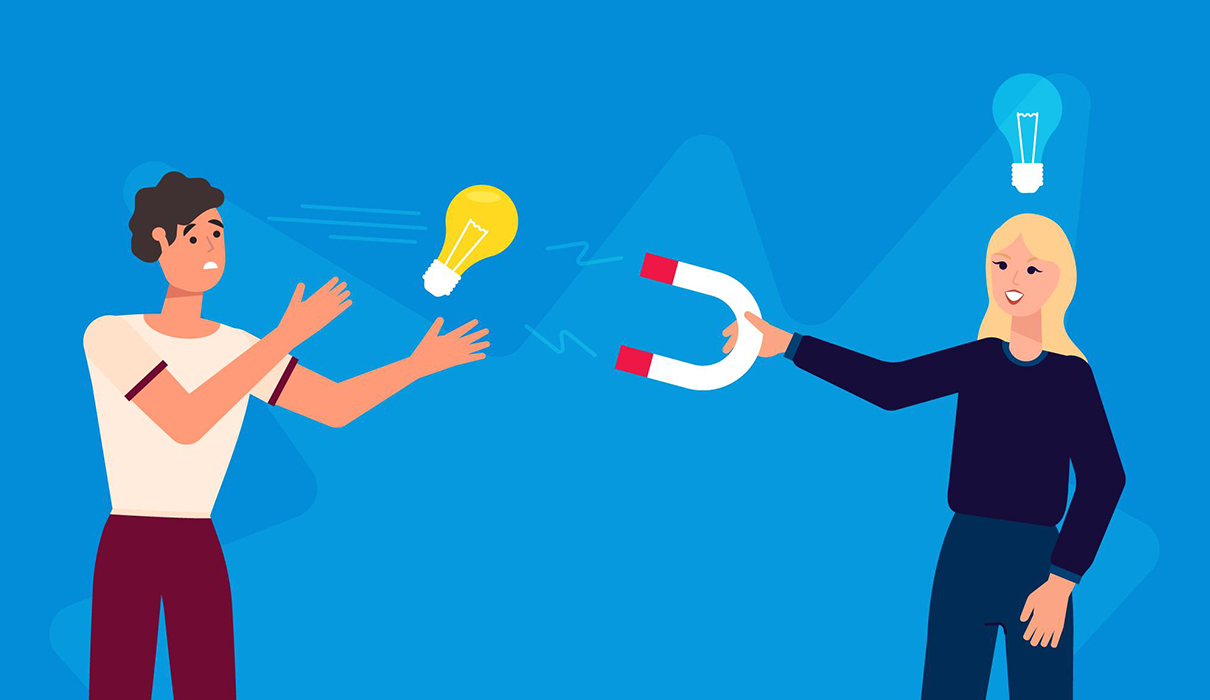You should read more than you write, and you should live more than you read.
It captures a critical reality about the border between making and consuming in just one brief word. It’s difficult to argue that a writer who never reads will be poor at their art. However, there gets to a point when consuming ceases to be inspiring and begins to be detrimental – when people read more now than you live.
There’s no shortage of things to consume, and not all of it is made equal. Reading fiction broadens your horizons and aids in concentration. Reality television binge-watching? So far, no. Producing is the same way: No one can deny that creating the next Twitter is just as important as composing a great tweet. But the key is that you’re making a statement. You’re not simply reading the events; you’re writing it.
You possess time to watch and time to generate if you have time to consume. The issue is there is so much entertainment to keep us occupied for the remainder of our lifetime and so many others beyond that. Publishing stories or digesting self-help novels the whole day feels constructive, and it is to a degree. Because there is nothing wrong with getting ideas from other people. However, if all you seem to do is consume, it’s time to try something new.
You’ll have to break the rules in order to succeed.
We live in a world driven by consumption, whether it’s designer clothes or the next TikTok meme. Consider the psychology underlying “retail therapy.” Insecurity is a particularly powerful drive to consume. The internet era has simply contributed to the conflagration. We not only feel pressured to have the most up-to-date clothes and technology, but we also spend hours on applications that are designed to be addicting.
With so many distractions, it’s no surprise that consumerism has become the norm. “Never forget – the affluent, successful, and rich and powerful are the minority,” Moore warns. “You need to change sides and join people with a producing attitude if you want to be in that minority.”
Transitioning from a consumer to a producer can be intimidating, and it’s easy to justify not doing so.
Have objectives rather than wishes.
There’s nothing wrong with having a large picture in mind. The issue is that most individual’s waste time daydreaming about things they don’t intend to achieve when they should be planning how to make them a reality.
Assume you’re envious of the founders and CEOs whose careers you read about compulsively. Instead of going down the Tech Crunch rabbit hole, consider what you admire about them and how you can replicate it for yourself. Create mechanisms that break down big, lofty goals into manageable tasks that you can tackle each day. This approach will keep you from becoming distracted, as well as from becoming fixated on the end result.
“Creating” can refer to a variety of activities.
Creating doesn’t always have to imply starting from the ground up. It might be something as simple as writing a blog post, knitting, cooking, or updating your website. Perhaps it’s polishing an existing skill — taking up a camera, dusting off an instrument, or resuming running. And this is the difference between mindsetbeing active and passive.
You’ll would like to invest additional time producing if you spend so much time creating. Our best ideas come from a variety of places, but you’re far more likely to get inspired while churning a roux than when zoning out in front of Netflix. Try being the one who sends things out into the world and watch what happens.
So why be a creator and not a consumer?
Another take on this topic.
I would like to link this with a book I read, Ikigai, which tells that one’s mind should be exposed to new information as it stimulates our brain cells and rejuvenates our brain. We don’t realize but our mind has a direct effect on our bodies slowly withering away. The process of withering is escalated when our minds start taking stress. The American Institute of Stress investigated the process of degenerative and concluded that most of the health problems are caused by stress. The problem is that the response to stress not only neutralizes harmful agents, it also damages healthy cells which leads them to age prematurely.Hence, it is suggested that in order to stay mentally and physically fit, one needs to stimulate one’s mind into things that they are interested in. It exposes challenges to our minds and releases certain chemicals that are good for our cells. This is directly proportional to a good mood and long life.
Yet another reason to be a creator and not a consumer could be the sense of better control. Some people lack the patience to get orders from their superiors and want to be the decision makers and not followers. Those people certainly should be on their way to creating something new and not consuming that is already out there. It gives them the full authority of taking decisions of their actions and need not confirm them with anybody else.
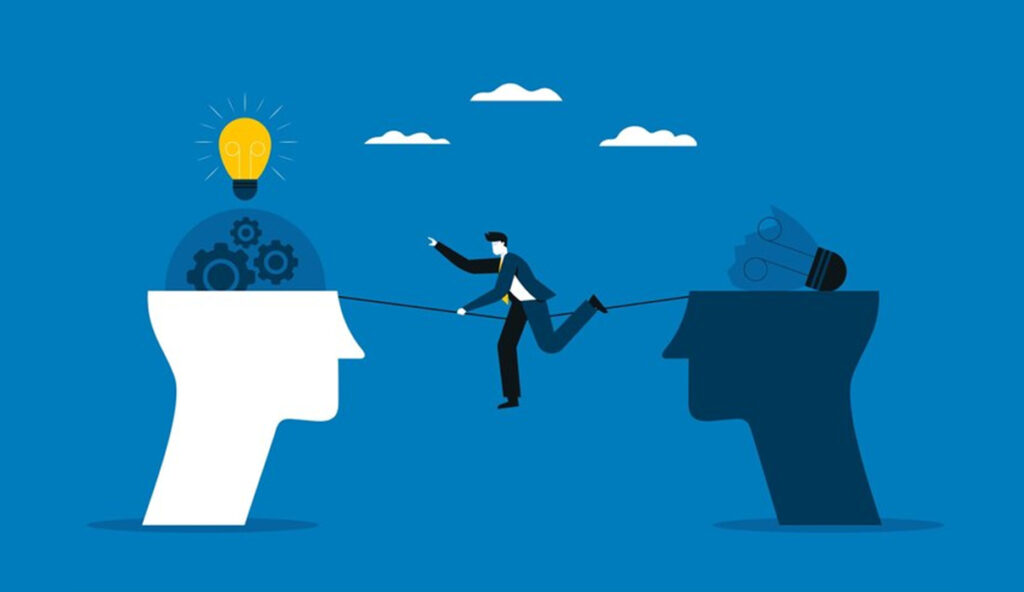
Having a passive vs active mindset
The mindset of a typical consumer is one of passivity. A consumer simply consumes content without thinking. YouTube videos, internet blogs, and even books are examples of this type of content. A consumer consumes media solely to pass the time and be entertained and does not hesitate to use that medium to effect change in their lives.
Even seemingly valuable information such as books or instructional videos is ineffective unless you take steps to consolidate your knowledge. It’s a type of intellectual masturbation in which you fool yourself into thinking you’re getting wiser when, in reality, you’re just denying yourself the chance to properly internalize what you’ve learned by not putting what you’ve learned into practice.
The mindset of a creator, on the other hand, is one of action. People normally think of an artist or a musician when they think of a creator. I’d like to widen that concept to encompass any active action. For example, if you read an article about effective gym practices and apply them to your own workouts, I would say that you are a creative, one who is committed to improving your own health.

Being creative and having an active mindset has obvious advantages.
Become a subject matter expert and perhaps earn money. As previously stated, through creating rather than simply consuming, you begin to internalize some of the lessons you’ve learned. Maybe you didn’t know how to take a good photo before, but after using the “rule of thirds” you learned from a YouTube video to take some photographs, you now know-how. Slowly, as you build up your arsenal of approaches and put them to the test through creating, you begin to comprehend what you’ve learned and even teach others.
You’d also have acquired a valuable skill set that may be used to supplement your income. You may make some extra money as a photographer by using your artistic abilities. You might develop an online course or a Youtubeaccount to showcase your work and methods, or you could make an online course to teach others how you shot those wonderful food photos.
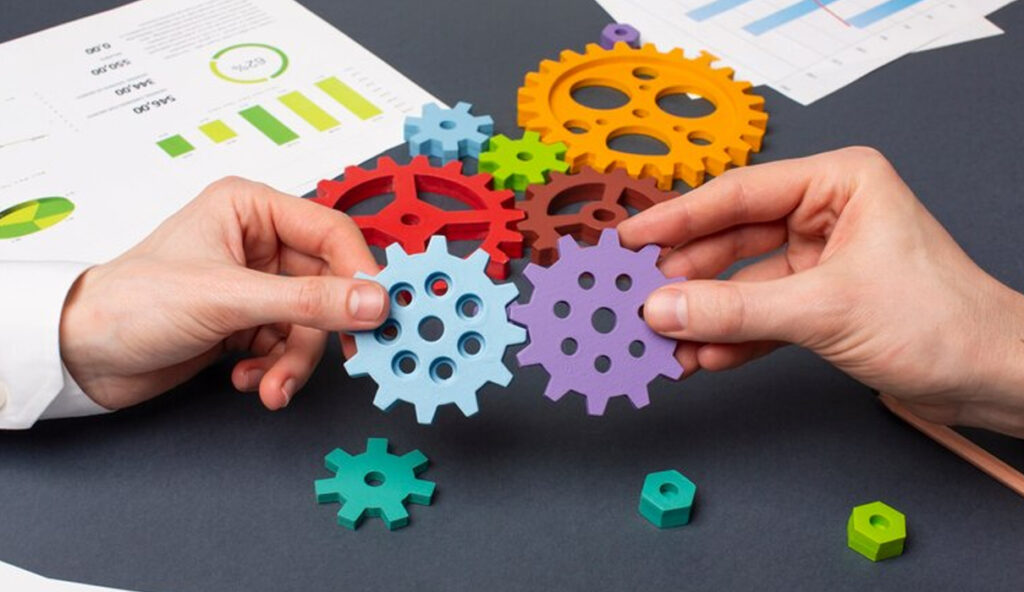
Discipline, focus, and problem-solving abilities have all improved.
It is undeniably difficult to be a creator. You will have periods when you will sit at your desk and be unable to make any progress with your work.
This circumstance, on the other hand, presents a chance for growth as you begin to seek inspiration from other sources or search the internet for potential solutions to difficulties.
Pushing through this difficult scenario also develops a level of discipline and focus that most non-creators lack. You will discover that being a creator will increase not just your ability in your field of creation, but also other elements of your life. You’ll notice that you’re able to concentrate better at work, maintain better scheduling management, and generally enhance your capacity to deal with uncertain situations.
As you begin your career as a creator in a profession, here are some simple basic rules of thumb to keep in mind.
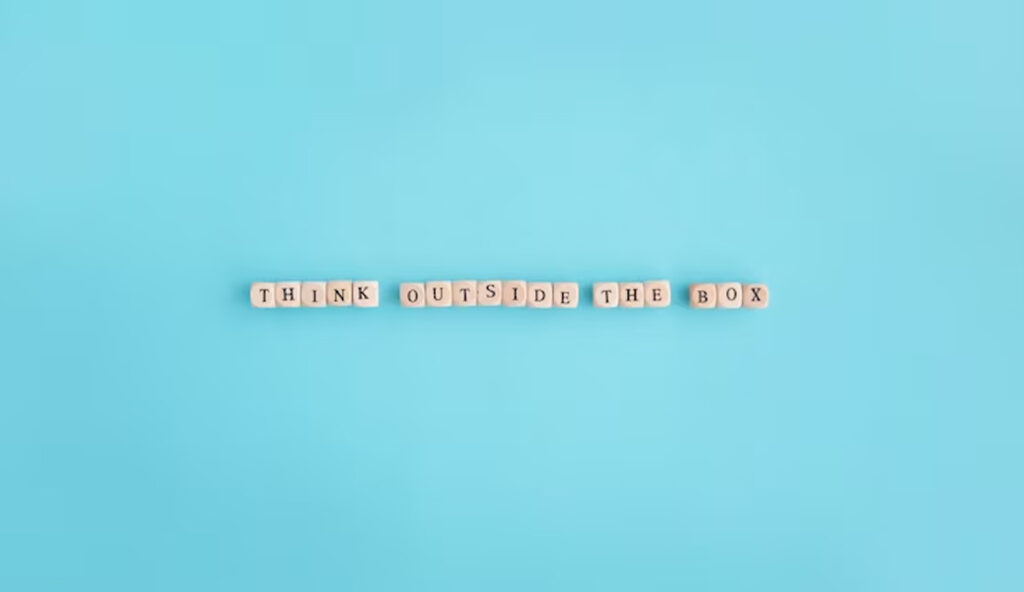
Keep it simple stupid
When people first start, they frequently make the error of overcomplicating the procedures required to begin creating. I’m guilty of this, always seeking the perfect plan, framework, and time to begin creating.
Take solace in the idea that you don’t need to have all of the appropriate actions and strategies in place before you even start. In this situation, the worst thing you can do is take no action at all.
Take that first step and make some mistakes along the way; you’ll be much better off having made a few blunders than not taking any at all.
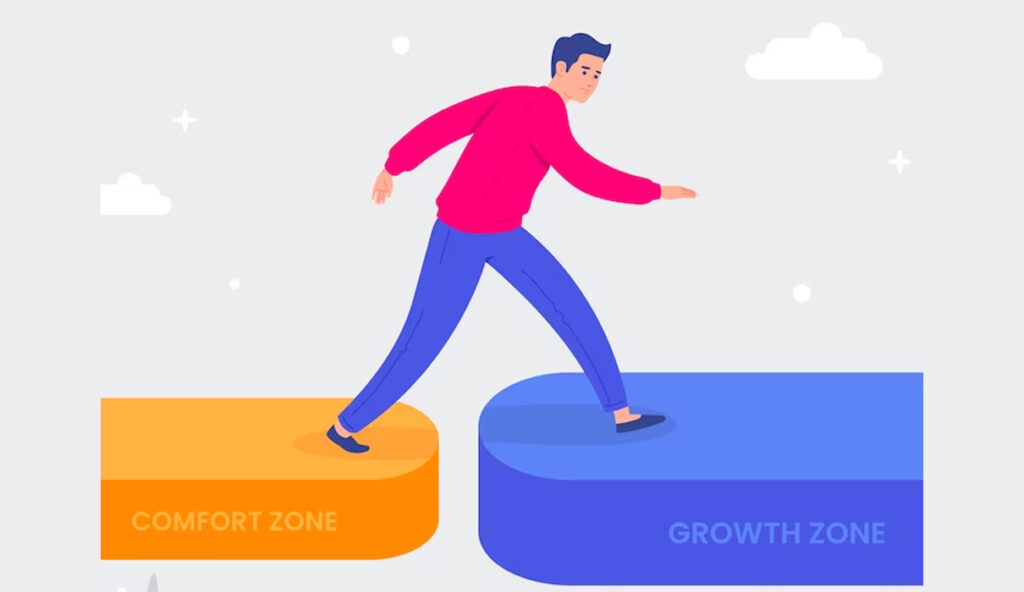
Small, consistent steps are preferable to massive, sporadic jumps.
Another common blunder is starting with big improvements and then fading out fast once the emotional incentive wears off.
Consider how many people make a traditional new year’s resolution at the beginning of the year. Someone who wants to buy a six-pack is a perfect example. That person makes a vow to himself or herself to go to the gym four times a week, eat only vegetables, and get up at 5 a.m. to make time to work out.
It’s no surprise that they can only do this for 1–2 weeks at most. There are simply too many significant changes that will not be sustainable in the long run.

